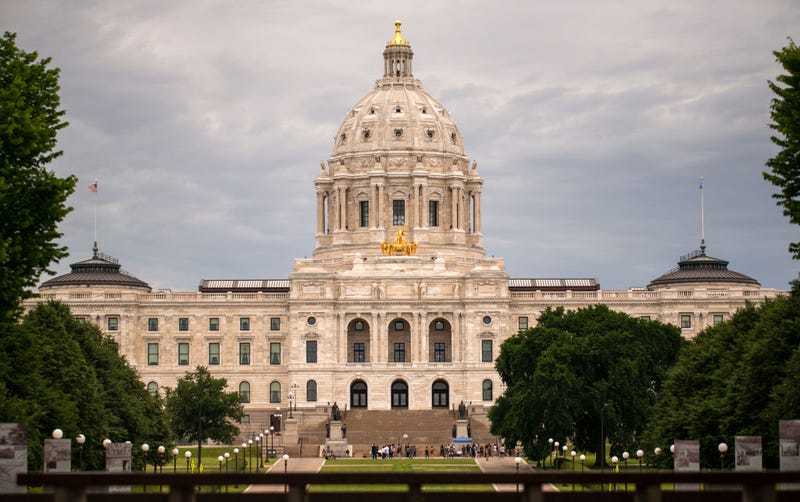
State budget officials announced Wednesday that Minnesota's budget surplus stands at an estimated $2.4 billion, up over $800 million from the end of the legislative session making it a larger surplus than expected.
The Office of Management and Budget cites higher spending in health and human services and education, which they warn could create a deficit by the 2026 biennium, despite the state's increased revenue.
"The near-term U.S. economic outlook has improved since February, driven by stronger than expected consumer spending, business investment, and employment," wrote the state's Management and Budget Office. "Higher estimates in health and human services and education raise total spending in FY 2024-2027, resulting in a negative structural balance in the next biennium."
WCCO Political Analyst Blois Olson tells Vineeta Sawkar on the Morning News that going forward a few years, the state could be looking at a deficit instead of the current surplus due to a number of issues.
"And that can be from the economy, it can be from tax collection, it can be from increased government cost," said Olson. "The last legislature put a lot of new costs into the system and those costs will be forecasted out in further years because those are obligations the state has made."
Commissioner of Minnesota Management and Budget Erin Campbell warns of a looming imbalance that could produce a budget deficit in the next biennium.
"However, state spending is also projected to be higher, driven largely by increased expenses related to health and human services and education, such as disability waivers and increases in the number of pupils in Minnesota schools," says Campbell.
In a statement, Republican House Minority Leader Lisa Demuth (Cold Spring) blames Democrats, saying they're "reckless spending has now set us the state on a path to have a budget deficit in the coming years."
2024 is not a budget year for the legislative session, but there are a number of infrastructure issues that legislators will be addressing.
Minnesota is coming off a legislative session in 2023 that saw an $18 billion surplus. Part of that money was sent back to taxpayers in a rebate check, but the DFL-controlled House, Senate and Governor Tim Walz (D) also passed an historic list of progressive spending adding up to $72 billion over two years. It's the largest budget in state history. Republican lawmakers had been calling for further cuts to spending.
More details are expected on the numbers during a press conference Wednesday afternoon along with reaction from Democrat and Republican lawmakers.
